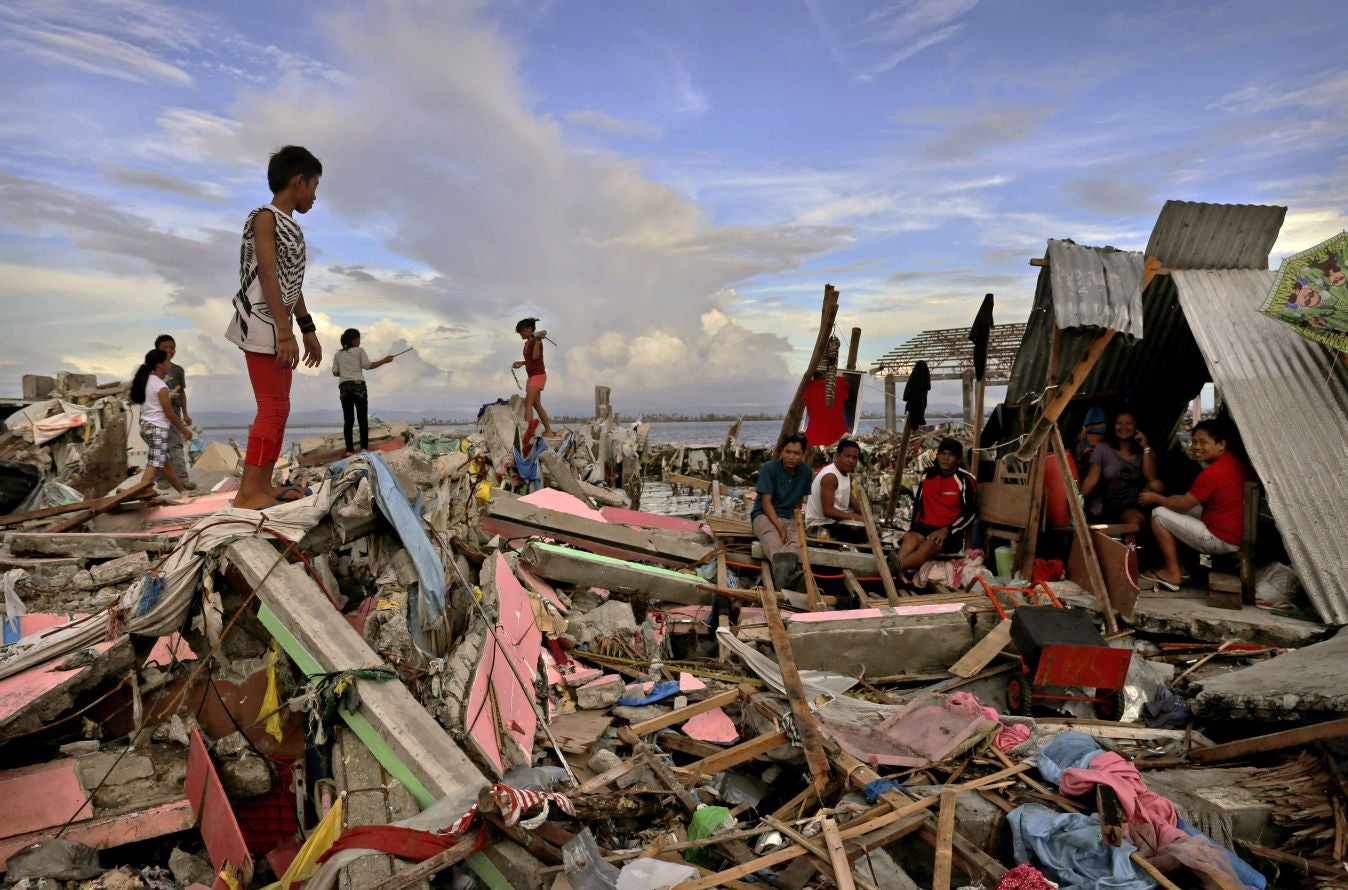We came to Warsaw but we did not conquer: These climate change talks are not fit for purpose
Future generations will ask how we did so little to mitigate global warming


Your support helps us to tell the story
From reproductive rights to climate change to Big Tech, The Independent is on the ground when the story is developing. Whether it's investigating the financials of Elon Musk's pro-Trump PAC or producing our latest documentary, 'The A Word', which shines a light on the American women fighting for reproductive rights, we know how important it is to parse out the facts from the messaging.
At such a critical moment in US history, we need reporters on the ground. Your donation allows us to keep sending journalists to speak to both sides of the story.
The Independent is trusted by Americans across the entire political spectrum. And unlike many other quality news outlets, we choose not to lock Americans out of our reporting and analysis with paywalls. We believe quality journalism should be available to everyone, paid for by those who can afford it.
Your support makes all the difference.If governments needed reminding of what’s at stake in the UN climate negotiations now entering their second week in Warsaw, Poland, it duly arrived with Typhoon Haiyan. Images of humanitarian suffering might have been expected to reinforce the evidence of climate science to galvanise action.
Instead, we have had a week of inertia with the prospect of more to come. In the Warsaw national stadium, you could cut the gloom and complacency with a knife. As one negotiator put it to me, “there are no negotiations, just grandstanding and exchanges of carefully rehearsed scripts.”
There is still time to avoid dangerous climate disaster – but not if we carry on like this. We are just two years from a 2015 summit in Paris, where governments are scheduled to adopt an agreement aimed at keeping global temperature increases below 2C. Currently, the world is on an energy trajectory that could see the entire 21st Century carbon budget used up by 2030.
While the UN climate talks are running in slow motion, we are heading at warp speed for global warming of 3-4C in the lifetime of our children.
The Warsaw talks provide an opportunity to build the momentum needed to change this picture and achieve an ambitious global deal.
Seizing that opportunity will not be easy. At the heart of the gloom in Warsaw is a trust deficit between developed and developing countries. That deficit has widened with the decision by Australia, Canada and Japan to reduce their emission reduction targets. Yet rich countries could dramatically improve the mood music if they acted on commitments they have already made.
Take the issue of climate finance. Developed countries have promised to deliver an additional UD$100bn in support for carbon mitigation and support for resilience in poor countries. Some new money has been mobilised. Unfortunately, the reporting systems documenting the real money are riddled with inconsistencies, opaque accounting and repackaging. It is impossible to tell how much of the money is new and additional. Basic transparency would help to build trust.
Then there is the issue of support for adaptation. Take a look at the devastation in the Philippines and you get a sense of the social and economic cost of financial disaster. Yet rich countries have provided just US$5bn for supporting climate adaptation. Germany spent twice as much helping its citizens recover from last year’s floods.
This sends the wrong message. Rich countries can protect their citizens with flood defences, insurance and social welfare programmes. But when climate disaster strikes the central Philippines or the Horn of Africa, it can destroy overnight the assets and the hopes of people living on the margins of existence – people who, unlike the citizens of rich countries, bear no responsibility for the climate crisis.
The negotiating environment in UN climate conferences is not conducive to practical action. Put technical representatives from over 190 countries in a summit without effective political direction, and you would struggle to negotiate an agreement on the time of day. But small groups of countries could work together to cut through the negotiating fog. For example, rich countries could unilaterally pledge to cut the US$90bn they spend annually on the fossil fuel subsidies that promote investment in carbon-intensive energy systems, benefiting energy companies while driving the world towards climate disaster. Britain could lead the way by withdrawing tax concessions for energy companies involved in North Sea oil exploration and fracking.
We cannot afford the inertia on display in Warsaw. Future generations will look at images of the devastated city of Tacloban in the Philippines. They’ll look at the evidence of climate science. And they’ll ask how we allowed a generation of political leaders to stand-by and do nothing.
There is an alternative. But time is running out.
Join our commenting forum
Join thought-provoking conversations, follow other Independent readers and see their replies
Comments